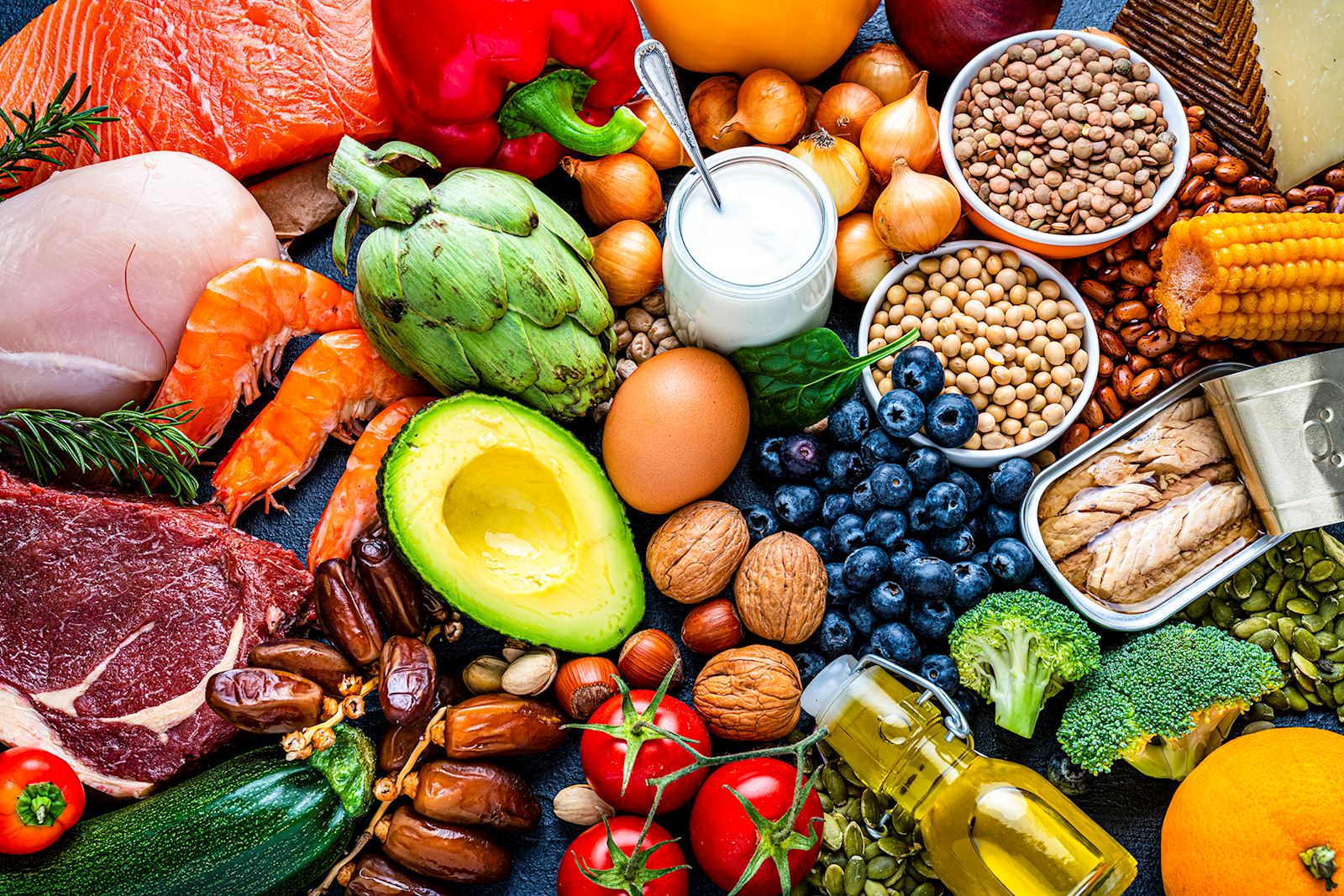Arthritis affects nearly 60 million people in the U.S. and is the leading cause of disability. Contrary to common belief, this condition doesn’t just affect older adults. If you have arthritis, try these tips to help ease arthritis symptoms and reduce inflammation.
What is arthritis?
While we mostly hear about older adults having arthritis, around two-thirds of those living with arthritis are 65 years old and under. There are many different types of arthritis, and it is often caused by inflammation.
Arthritis refers to joint pain or joint disease and often leads to pain, stiffness, swelling and reduced motion in the joints. In the instance of osteoarthritis (OA), the most common type of arthritis, the cartilage that normally covers the end of each bone breaks down, causing pain and swelling. As OA worsens, bones may weaken, and “spurs” can occur. If inflammation continues, there can be further damage to the cartilage and as bone rubs against bone, more joint damage and pain can result. Without treatment, severe arthritis can lead to chronic pain and make day-to-day activities more challenging.
Is there a diet for arthritis?
While there is no diet cure for arthritis, there are certain foods that have been shown to fight inflammation and boost the immune system. Including these foods in a balanced and varied diet may help to ease the symptoms of arthritis. Some studies have shown that people who eat a high fiber diet have lower C-reactive protein (CRP) levels in the blood. These markers of inflammation have been linked to diabetes, heart disease and rheumatoid arthritis (RA).
A fiber-rich diet can also assist with weight loss which can help with managing joint pain, just make sure to increase fiber slowly and drink plenty of water. One of the most beneficial meal plans for arthritis is the Mediterranean diet which includes inflammation-fighting foods, such as:
- Fruits and vegetables which contain antioxidants that support the immune system, the body’s natural defense system, and provide significant soluble and insoluble fiber. They should make up about half of your plate at mealtime. Choose colorful foods such as cherries, blackberries, oranges, spinach, broccoli and carrots.
- Beans are an excellent source of protein which is important for muscle health. Some varieties are rich in folic acid, magnesium, iron, zinc and potassium, also known for heart and immune system benefits. Beans are an excellent fiber source and phytonutrients which can help lower CRP.
- Nuts and seeds provide monounsaturated fat, protein and fiber. Consume about 1.5 oz. daily, which is about a handful. The best sources are walnuts, pine nuts, pistachios and almonds.
- Whole grains including brown rice, whole oats and whole wheat bread. If you prefer white bread, look for “whole grain white” on some bread labels — the whole flour is softer in texture and still white in color.
Keep in mind that a balanced diet should also contain healthy fats, seafood, lean meats and low-fat dairy. Be sure to speak with your health care professional on what works best for you before you make any dietary changes.
Foods to avoid with arthritis
If living with arthritis, it’s important to limit saturated and trans fats, salt and refined sugars. Several studies show that a diet high in ultra-processed foods is associated with an increased risk of inflammation.
While nightshade vegetables don’t cause inflammation, they may increase the inflammation that is already there. Examples of nightshade vegetables are:
- Eggplants
- Peppers
- Potatoes
- Tobacco
- Tomatoes
These foods contain solanine, a chemical that may lead to inflammation and aggravate arthritis pain. While these foods do provide a variety of nutrients with a minimum of calories, it’s best to take note of how your body reacts and see if arthritis pain flares after eating them.
Getting help to manage arthritis
Consult your health care professional to help you understand medications and advanced therapies and how weight management, regular exercise and a healthy diet can help with arthritis management. For more information regarding living a full life with arthritis, visit the Arthritis Foundation® website at www.arthritis.org.
Mom's Meals® can help
We make getting the proper nutrition easier and more convenient with nine condition-specific menus. Browse our 60+ meal options created by chefs and designed by registered dietitians. Delivered direct to your home, enjoy a variety of lean protein sources, fruits, vegetables and grains to help ease inflammation and support your overall health.



